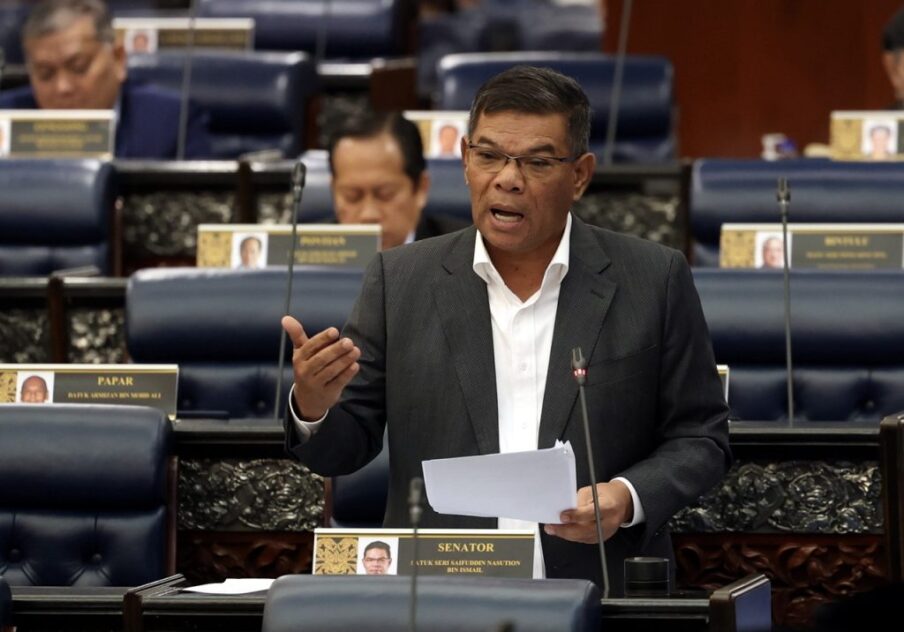THE Tax Corporate Governance Framework (TCGF) to be implemented in Malaysia will enable taxpayers and corporations to conform to tax requirements and manage tax risks through early identification and resolution.
Ernst & Young Malaysia tax leader Farah Rosley said the framework not only will promote good governance, but also provide a level of comfort to the relevant stakeholders that risk is maintained at an acceptable level.
“Good tax corporate governance allows businesses and corporations to manage their risks and plan more effective tax management,” she told Bernama in an interview.
The TCGF, to be implemented soon in the country, will act as a means for the Inland Revenue Board and taxpayers to develop and maintain a more transparent working relationship in ensuring that the tax compliance process is fair and effective.
It will set out techniques and processes within an organisation to identify and assess tax risks and prescribe appropriate actions to mitigate the impact of those tax risks.
Farah, who is a strong TCGF proponent, said having good tax corporate governance would enable businesses to manage from the risk side so that they could identify in which areas they have under-declared taxes, besides ensuring they buy assets conforming to the tax requirements.
“The TCGF ensures there is a proper protocol and proper policy of amount subjected to tax, and this will mitigate risk areas,” she said, adding that countries like Singapore and Australia have been successful in implementing the TCGF.
Farah, who is the current president of the Chartered Tax Institute of Malaysia, said the TCGF falls squarely within the environmental, social and governance (ESG) practice which assures sustainability.
“When you pay taxes, you are serving dues and contributing back to the society, besides providing sustainability for the development of the country,” she added.
Farah has more than 20 years of professional experience in the field of taxation. – April 18, 2022









